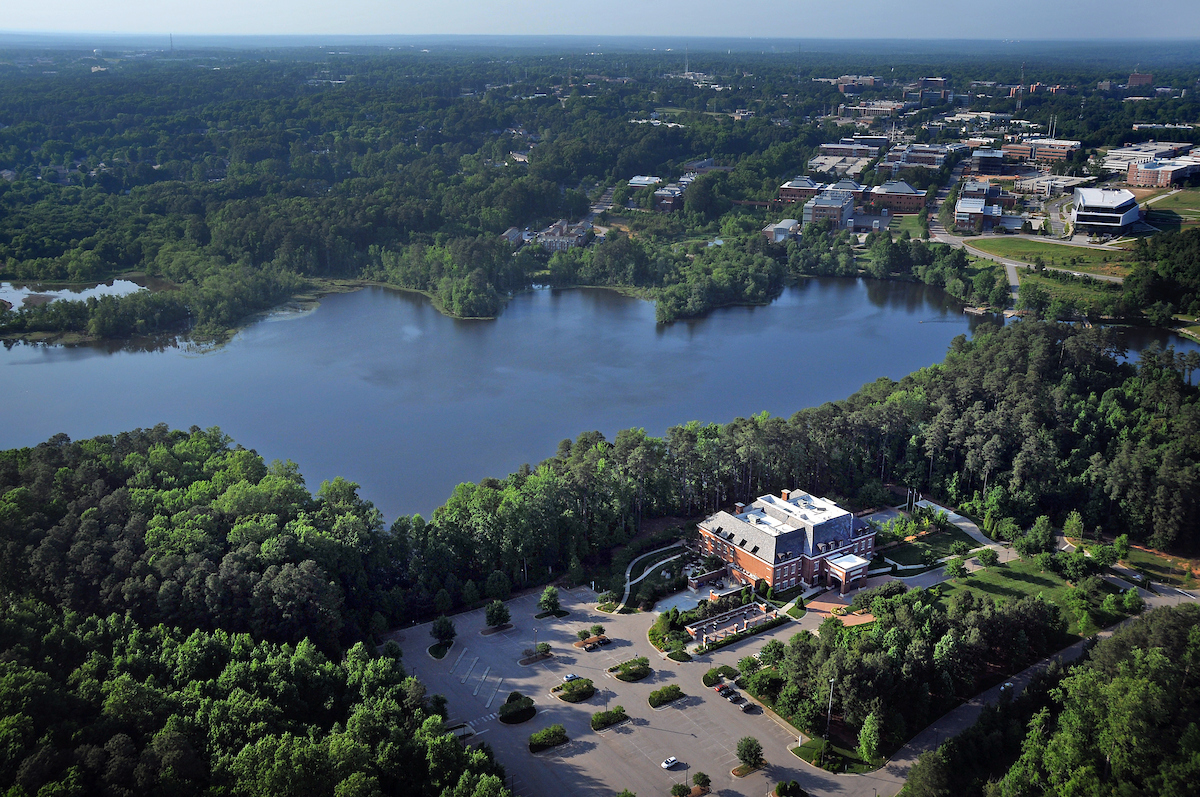ASB SF 2016: Intersectionality and Social Justice in the GLBT Community

An Alternative Service Break trip to San Francisco gives students the opportunity to think critically about how identity and social justice are related. This new iteration of the San Francisco trip, which formerly looked at the LGBTQ homeless youth population, broadens the focus to include intersectional social justice issues faced by diverse Bay Area communities.
In addition to increasing their understanding and awareness of issues faced by GLBT individuals and their allies, students of ASB San Francisco also engaged with issues of equity, access, privilege and marginalization as they relate to other identities and communities. Students learned about how social justice issues like homelessness, inadequate mental and physical healthcare, interpersonal and community violence and the school-to-prison pipeline impact multiple communities (the macro lens) and what it’s like for individuals to navigate multiple marginalized identities (the microlens).
Why engage with such pervasive systems of oppression on a college Spring Break? ASB San Francisco students took this as an opportunity to provide support, not solve or fix the problems of a community or individual. Most of all, this trip served as an opportunity to practice meeting people where they are, a hallmark of social justice work. “This trip has changed my perception of privilege. I have not thought of myself as being privileged but now I am very thankful for what I have,” said Kierra Simmons during a reflection. “I will now find myself appreciating the little things in life.”
Students began their week of service at Swords to Plowshares, an agency that serves veterans in the most comprehensive way possible. All of someone’s needs could be met at just one location. “Swords to Plowshares was really detailed and well-articulated and made me feel more equipped to be an ally to veterans,” said Margaret Leak. The team then traveled down the block to Project Open Hand, a community partner of Swords to Plowshares that provides nutritious meals for the elderly and chronically ill. Project Open Hand first started as one woman’s response to the AIDS epidemic, but now has grown to include a much wider segment of the San Francisco population. The following day the students immersed themselves in one of the most impoverished areas of the Bay Area that is also most at risk for the impacts of sea-level rise. “I have never really thought about environmental racism. I always knew that environmental issues were critical, but I never thought about how much it could impact one specific region,” said Jay Martin. This first day of street outreach was good preparation for later in the week when the team traveled to other challenging service sites. On Wednesday, they visited the National AIDS Memorial Grove and learned about a novel way of memorializing the passing of a loved one and the rebuilding of the community for those impacted by HIV/AIDS. Other visits included the San Francisco AIDS Foundation, where the team packaged supplies for the needle exchange sites and the TGI Justice Project, where the team responded to letters from transgender people experiencing incarceration. The week wrapped up with another direct street outreach project with the San Francisco Drug Users Union. There, the team helped ensure safe disposal of used syringes, the distribution of new drug-use supplies and overdose prevention awareness. The team was trained on how to use naloxone, the antidote for opioid overdose. “This has been an amazing experience. The information I have obtained on this trip has been phenomenal and eye-opening. It was also amazing to be able to help others,” said Maria Martinez.
Each agency the team visited shared about how their work relates to intersecting social justice issues, and the team came home with a new sense of how NC State, Raleigh and the state of North Carolina can move forward to protect the most vulnerable communities who experience multiple levels of marginalization. “On this trip, my way of thinking was seriously changed about all systems of oppression. By humanizing minority groups, and especially those with intersecting qualities, I was able to recognize how unjust many of these systems were,” said Joe Jennison. “I love that I was able to open my eyes and see the truth.”
If you are interested in learning more about the ASB San Francisco 2016 trip, look the team up on Twitter at #NCStateASBSF16. Also, see the 1 Second Everyday video compilation.
Andy DeRoin is program coordinator in the GLBT Center.
- Categories:


